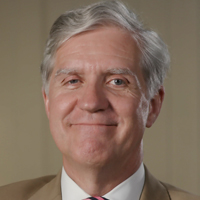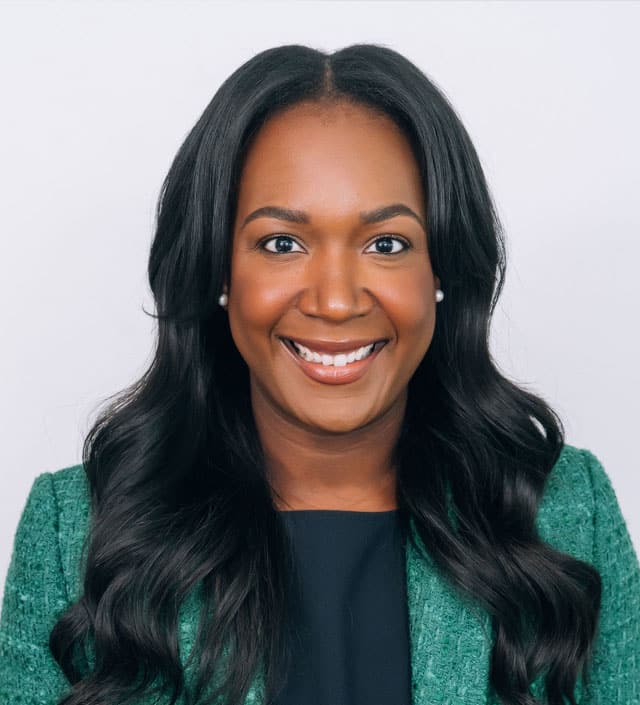
You can’t take it with you, but you can at least keep the government’s hands off your money for a while longer. If your clients have significant assets in their retirement accounts in addition to their brokerage assets, should they delay their retirement withdrawals as long as possible or take distributions now? As their advisor, your well-off client may be asking these questions, How should you advise them?
Maybe you should start off by congratulating them. The average American has nowhere near enough money saved for their own retirement. According to Vanguard’s report “How America Saves 2022,” Americans age 55-64 have median retirement savings of $ 89,716. The average was $256,244.
Let us remind ourselves median means midpoint. Half the people are below that level and half are above. If the average is almost 3 times higher, this means some people have much larger retirement account balances. Let us assume your client is one of them. When you congratulate them on being good savers, they will likely return the compliment by saying you are a good advisor who provided excellent investment advice.
Tax considerations
Let us assume your client has assets held in taxable accounts and in tax-deferred accounts. Which should they spend first? You can make a case that selling off stocks with long-term capital gains makes better sense compared with taking distributions from their retirement accounts. The reason is simple: Taxes on long-term gains typically are lower thanretirement account withdrawals, which are taxed as ordinary income.
Go-go or no-go?
Your client needs to be honest about their health situation. We are all getting older. You cannot reverse the process. You cannot live forever. Ben Franklin is credited with saying the only things certain in life are death and taxes. Grim as it sounds, someday we are all going to die. How is your client’s health? How about their spouse’s health? What can their family history tell us?
If your retired client is in good health and good financial shape, it makes sense for them to take distributions from their retirement plan now, with the objective of enjoying themselves in retirement. Take that round the world cruise. FYI, 123 nights on Cunard’s Queen Mary 2 starts at about $17,000 per person. They have to pay income tax on their distributions, but they can’t take this money with them after death.
Let us assume your client isn’t in good health and wants his (or her) heirs to benefit as much as possible through inheritance. It makes sense for them to spend their retirement plan assets first and leave their appreciated securities in their taxable account intact. When they die, their retirement assets will be taxed as ordinary income, but their securities held in their taxable account will benefit from a stepped-up cost basis when they are transferred to their heirs.
RMD considerations
What about required minimum distributions (RMDs) from tax-deferred retirement accounts? The Secure 2.0 Act is raising the age for RMDs. Starting in 2023, those born in 1951 through 1959 won’t be required to take them until age 73; starting in 2033, those born in 1960 and after won’t have to take them until age 75.
So, assuming you’ve looked at you clients’ birth years, let’s get back to the logic of when to withdraw from tax deferred accounts. The question is, “Do they need the money?” If they need it, there is no question. Obviously, they should take it as soon as they can. Suppose they don’t need the money? “Need” is a relative term. If they are spending their money while they are healthy enough to enjoy it, take the money and pay the taxes.
Suppose your clients don’t need the money. They are wealthy but live simply. They would like to avoid paying taxes as long as possible. And they can delay taking withdrawals within the rules, but there is really no way to keep the money in their retirement account forever.
Investors are usually permitted to delay RMDs from their current employer’s retirement plan if they keep working. But your client is retired, so that ship has sailed. They can avoid the increase to their taxable income by using the money as a charitable contribution, but in most cases, it’s not the equivalent of a “wash sale.” It is given with one hand and taken by another, but there may be a small tax consequence.
The bottom line
What’s the takeaway for your client? There are five points:
- If they need the money, take money from the retirement accounts now.
- If they want to minimize taxes in the near term, take long-term gains on taxable assets like stocks.
- If they are concerned that health issues will develop sooner rather than later, take the distributions and enjoy their money while they can.
- If they are not in good health and want to take advantage of the step-up cost basis upon death, leave the taxable stocks alone and spend the retirement assets.
- If they must take RMDs, don’t need the money and want to minimize the tax consequences, convert that extra money into charitable contributions and itemize on your tax return.
Bryce Sanders is president of Perceptive Business Solutions Inc. He provides HNW client acquisition training for the financial services industry. His book, “Captivating the Wealthy Investor” is available on Amazon.







